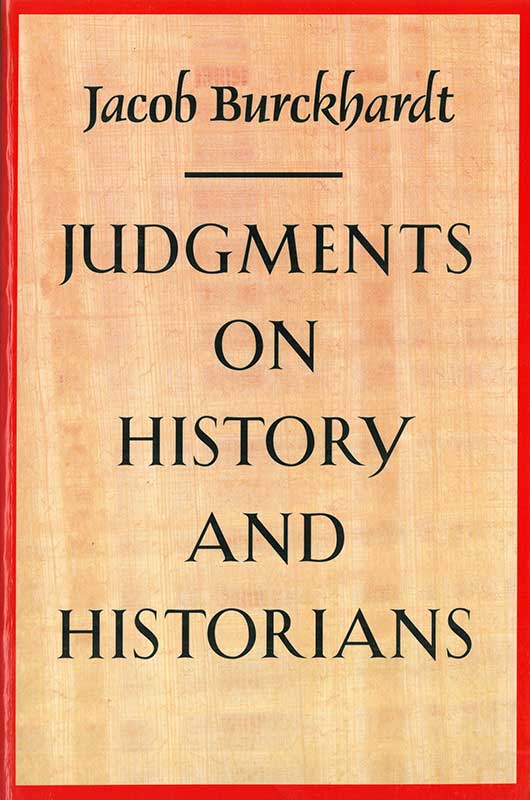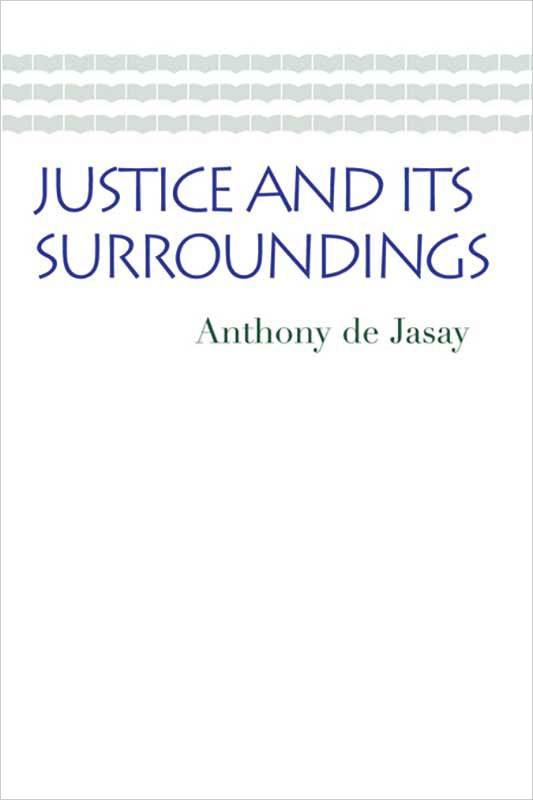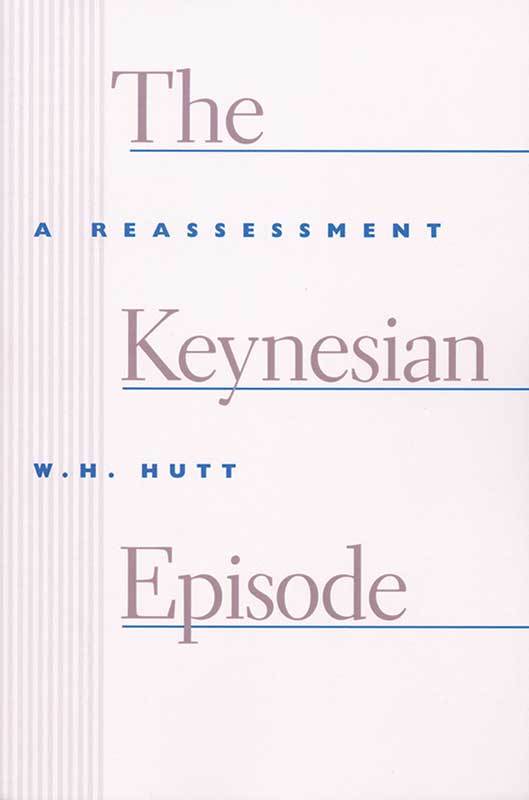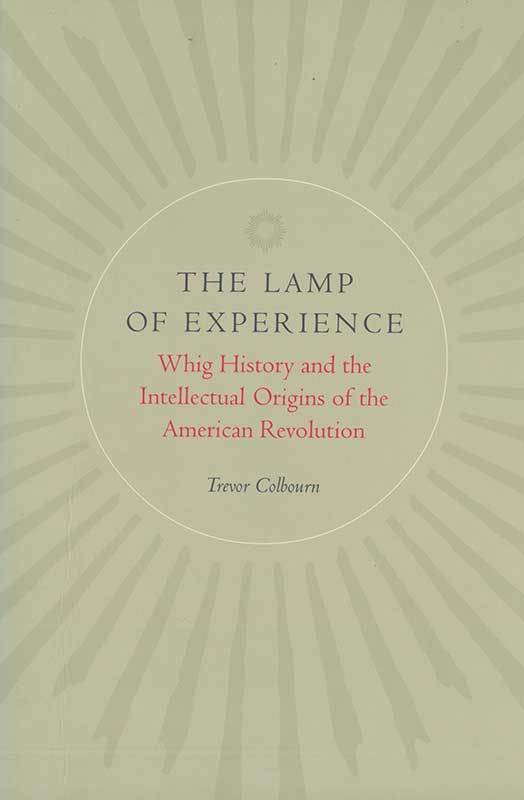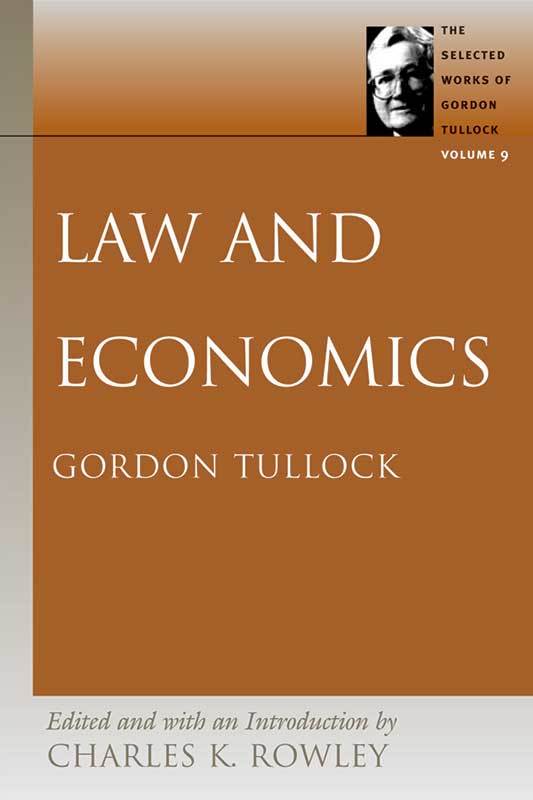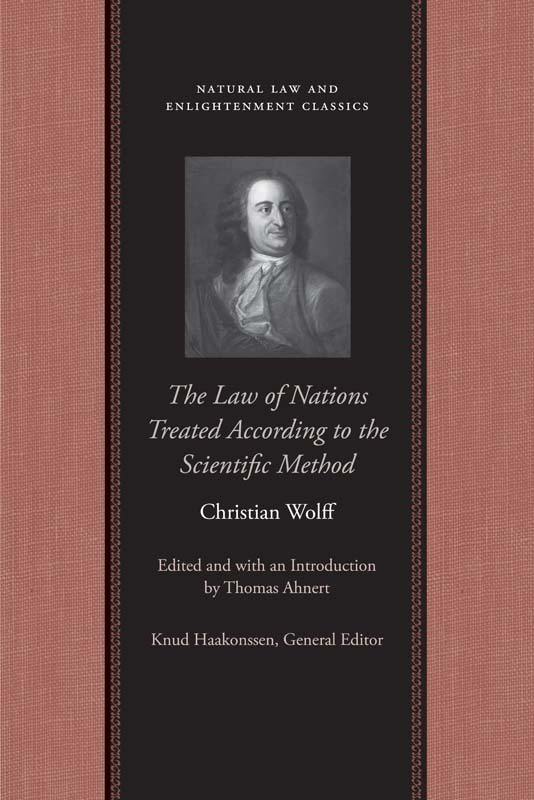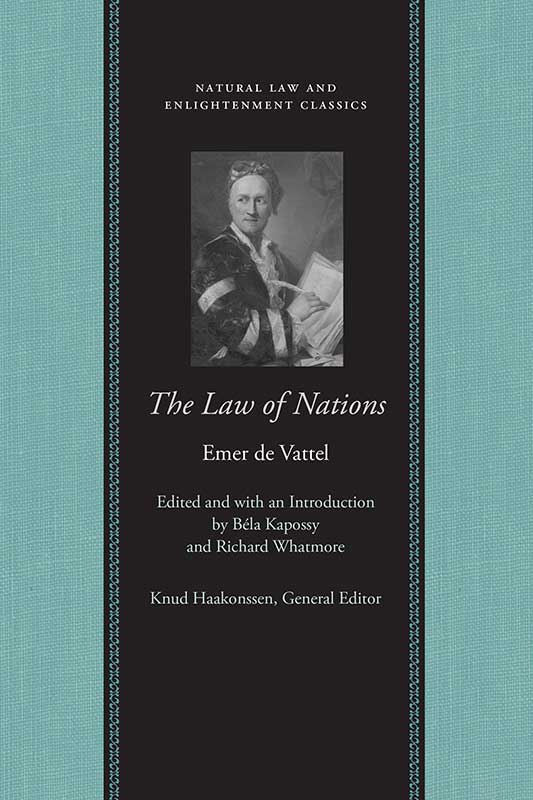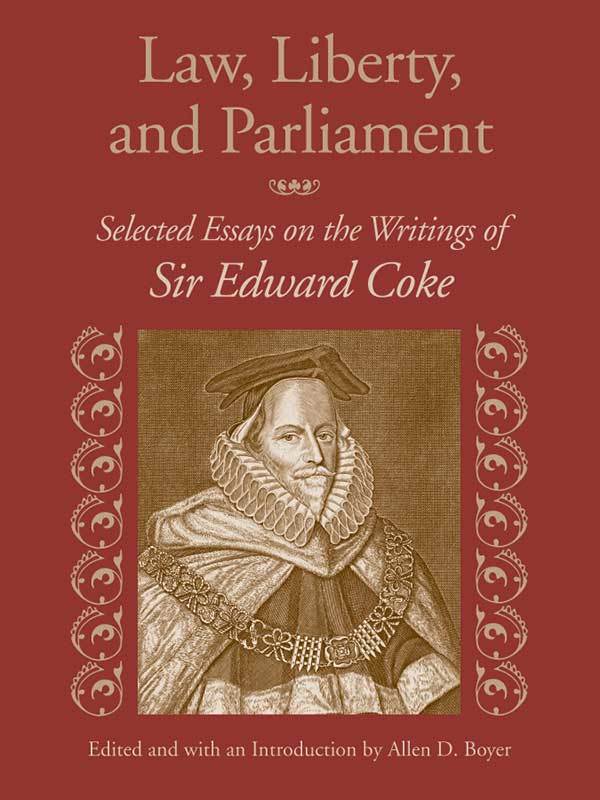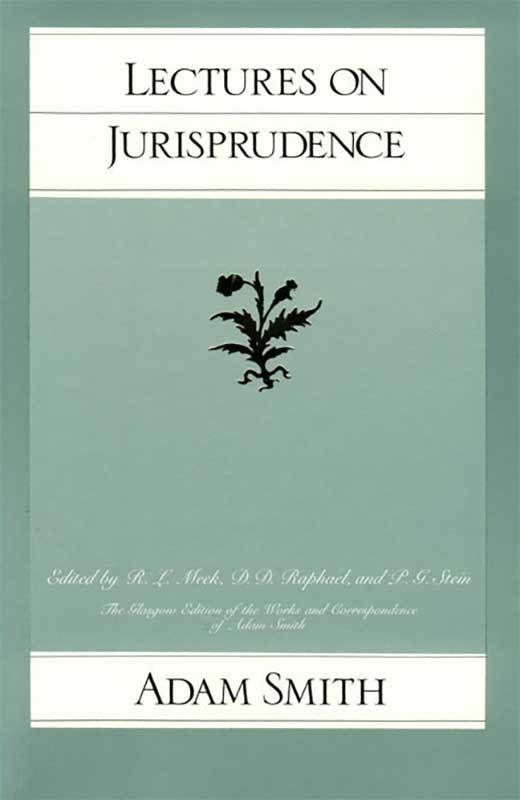Shop
-
John Randolph of Roanoke
by Russell Kirk
/ Learn MoreJohn Randolph of Roanoke is unique in American political history. For most of his public career Randolph was a leader of the opposition—to both Jeffersonians and Federalists. Only twenty-six when first elected to Congress in 1799, he readily became the most forceful figure at the Capitol. He was, writes Russell Kirk, “devoted to state rights, the agricultural interest, economy in…
-
Josiah Tucker: A Selection from His Economic and Political Writings
by Josiah Tucker
/ Learn MoreJosiah Tucker (1713–1799) was one of the foremost thinkers of eighteenth-century England in the fields of economics, international relations, political theory, and imperialism. He shared the opinion, prevalent in his day, that Great Britain was underpopulated and observed with regret the immigration to America, believing that the colonies brought Britain no benefits. He thought instead that colonies were too costly to…
-
Judgments on History and Historians
by Jacob Burckhardt
/ Learn MoreRenowned for his Civilization of the Renaissance in Italy and Reflections on History, Jacob Burckhardt (1818–1897) has well been described as “the most civilized historian of the nineteenth century.” Judgments on History and Historians consists of records collected by Emil Dürr from Burckhardt’s lecture notes for history courses at the University of Basel from 1865 to 1885. The 149 brief…
-
Justice and Its Surroundings
by Anthony de Jasay
/ Learn MoreAnthony de Jasay breaks new ground with Justice and Its Surroundings—a collection of trenchant essays that seek to redefine the concept of justice and to highlight the frontier between it and the surrounding issues that encroach upon it and are mistakenly associated with it. This straightforward and terse book analyzes the roles of collective choice, redistribution, and socialism and the…
-
The Keynesian Episode
by W. H. Hutt
/ Learn MoreThe late W. H. Hutt was a preeminent and persistent critic of the economic theories of John Maynard Keynes. In The Keynesian Episode, he presents a comprehensive review of Keynes’s General Theory, including the finest critique to date of the Acceleration Principle. He questions the very legitimacy of Keynes’s fundamental epistemology. In Hutt’s discussion of economics there is a refreshing…
-
La libertad moderna y los l?mites del gobierno
by Charles Fried
/ Learn MoreTraducido por Estela Otero El tema de este libro es la libertad individual. Pero no se trata de la libertad individual como problema abstracto y universal, sino de sus posibilidades y límites en el marco del Estado de bienestar. A partir de la premisa de que el Estado de bienestar moderno redefinió la noción que teníamos de la libertad individual,…
-
The Lamp of Experience
by Trevor Colbourn
/ Learn MoreIn a landmark work, a leading scholar of the eighteenth century examines the ways in which an understanding of the nature of history influenced the thinking of the founding fathers. As Jack P. Greene has observed, “[The Whig] conception saw the past as a continual struggle between liberty and virtue on one hand and arbitrary power and corruption on the…
-
Law and Economics
by Gordon Tullock
/ Learn MoreGordon Tullock’s innovative scholarship in law and economics shines in this volume. It includes, in full, his famous book The Logic of Law, the first book to analyze the law from the perspective of economics. It also includes an influential and controversial monograph, The Case against the Common Law, the best chapters from his book, Trials on Trial, as well…
-
The Law of Nations Treated According to the Scientific Method
by Christian Wolff
/ Learn MoreChristian Wolff’s The Law of Nations is a cornerstone of eighteenth-century thought. A treatise on the philosophy of human action, on the foundations of political communities, and on international law, it influenced philosophers throughout the eighteenth-century Enlightenment world. According to Knud Haakonssen, general editor of the Natural Law and Enlightenment series, “before Kant’s critical philosophy, Wolff was without comparison the…
-
The Law of Nations
by Emer de Vattel
/ Learn MoreThe great eighteenth-century theorist of international law Emer de Vattel (1714–1767) was a key figure in sustaining the practical and theoretical influence of natural jurisprudence through the Revolutionary and Napoleonic eras. Coming toward the end of the period when the discourse of natural law was dominant in European political theory, Vattel’s contribution is cited as a major source of contemporary…
-
Law, Liberty, and Parliament
by Allen D. Boyer
/ Learn MoreSir Edward Coke remains one of the most important figures in the history of the common law. The essays collected in this volume provide a broad context for understanding and appreciating the scope of Coke’s achievement: his theory of law, his work as a lawyer and a judge, his role in pioneering judicial review, his leadership of the Commons, and…
-
Lectures on Jurisprudence
by Adam Smith
/ Learn MoreSmith’s Lectures on Jurisprudence, originally delivered at the University of Glasgow in 1762–1763, presents his “theory of the rules by which civil government ought to be directed.” The chief purpose of government, according to Smith, is to preserve justice; and “the object of justice is security from injury.” The state must protect the individual’s right to his person, property, reputation,…
35% OFF YOUR ENTIRE BOOK PURCHASE
With promo code:
FALL2025
Expires October 31, 2025

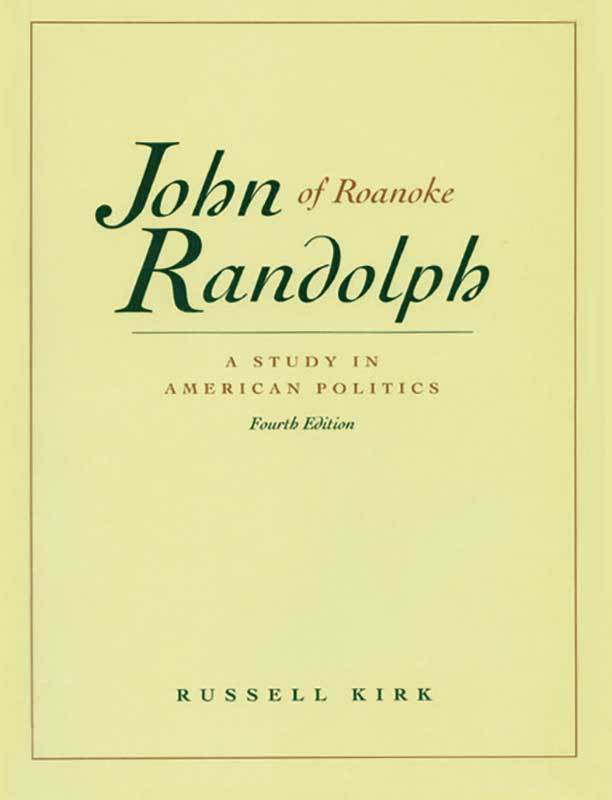
![TuckerSelection 9780865979307[1]](https://about.libertyfund.org/wp-content/uploads/2021/09/TuckerSelection_97808659793071.jpg)
